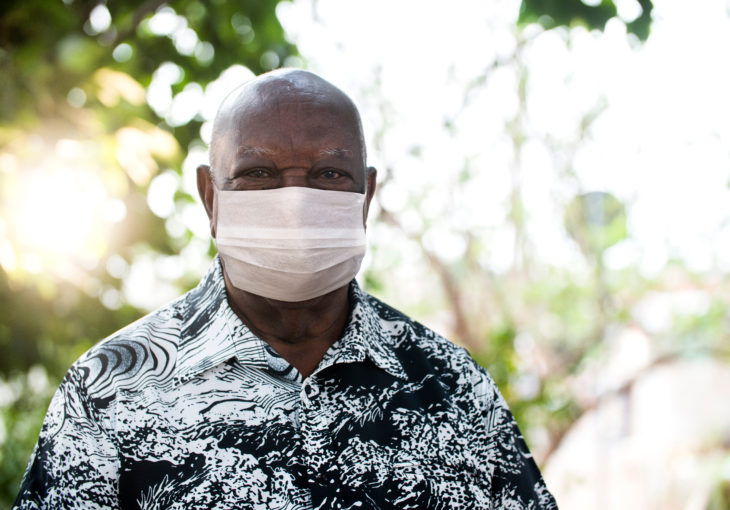The coronavirus should have everyone’s attention by now, health experts say. And people with heart disease have extra reasons to be alert.
For those with underlying heart issues, the concerns are serious. It appears people over 65 with coronary heart disease or hypertension are more likely to be infected and to develop more severe symptoms.
As a result, black and Latino populations, which experience higher rates of cardiovascular disease, are being hit particularly hard.
According to an April 10 Boston Globe column (“Being a person of color isn’t a risk factor for coronavirus. Living in a racist country is”) written by Renee Graham, in states compiling coronavirus data by race and ethnicity, blacks and Latinos are dying at rates more than twice their share of the population.
“Massachusetts is also showing this dire trend,” writes Graham. “Black people comprise more than 40 percent of Boston’s coronavirus cases. Chelsea, a city of working-class Latinx immigrants, has the state’s highest incidence rate of infections.”
Graham notes that decades of substandard housing and food deserts have led to higher rates of diabetes, obesity, and heart disease among communities of color.
Graham talked to Dr. Fatima Cody Stanford, an obesity medicine specialist at Massachusetts General Hospital, who said stress can also significantly lead to health risk factors.
“We know as black folks that as we walk and live and breathe, we are subjected to much more intense stressors than other populations,” said Cody Stanford.

Dr. Fatima Cody Stanford speaks at the 2020 Boston Go Red for Women Luncheon, where she participated in a panel discussion on women’s health.
In Boston, 25% of adults have hypertension. The percentage is higher for black (36%) and Latino adults (27%) compared with white adults (20%). The percentage of adults with hypertension is higher in Dorchester, Mattapan and Roxbury compared with the rest of Boston, and residents who do not have a high school diploma, are unemployed and have household incomes less than $25,000 are disproportionately affected.
Read the full column here.
